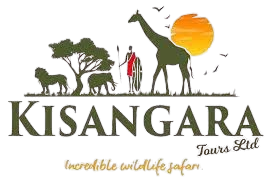Frequently Asked Questions
Planning Your Safari
The Safari Experience
A typical safari day starts early with a sunrise game drive when the animals are most active. You’ll return to the lodge for a hearty brunch, enjoy a midday break, and then head out for a second game drive in the late afternoon. Days often end with a relaxing dinner and campfire.
While wildlife sightings are never guaranteed, Tanzania’s Northern Circuit offers the best chance to spot all of the Big Five (lion, leopard, elephant, rhino, and buffalo). The Ngorongoro Crater, in particular, has one of the highest densities of wildlife, making it a great place to see them.
Cost & Budget
The cost of a safari can vary significantly depending on the number of days, the level of accommodation (budget, mid-range, or luxury), and the time of year. A general range can be from $300 per person per day for a budget camping safari to well over $1,000 for a luxury experience.
